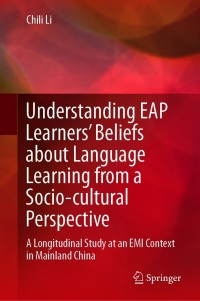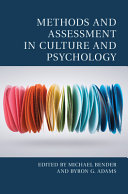Buy Understanding EAP Learners’ Beliefs about Language Learning from a Socio-cultural Perspective: A Longitudinal Study at an EMI Context in Mainland China PDF ebook by author Chili Li – published by Springer in 2021 and save up to 80% compared to the print version of this textbook. With PDF version of this textbook, not only save you money, you can also highlight, add text, underline add post-it notes, bookmarks to pages, instantly search for the major terms or chapter titles, etc.
You can search our site for other versions of the Understanding EAP Learners’ Beliefs about Language Learning from a Socio-cultural Perspective: A Longitudinal Study at an EMI Context in Mainland China PDF ebook. You can also search for others PDF ebooks from publisher Springer, as well as from your favorite authors. We have thousands of online textbooks and course materials (mostly in PDF) that you can download immediately after purchase.
Note: e-textBooks do not come with access codes, CDs/DVDs, workbooks, and other supplemental items.
eBook Details:
Full title: Understanding EAP Learners’ Beliefs about Language Learning from a Socio-cultural Perspective: A Longitudinal Study at an EMI Context in Mainland China
Edition:
Copyright year: 2021
Publisher: Springer
Author: Chili Li
ISBN: 9789811601392, 9781000176940
Format: PDF
Description of Understanding EAP Learners’ Beliefs about Language Learning from a Socio-cultural Perspective: A Longitudinal Study at an EMI Context in Mainland China:
This book focuses on the dynamic nature of EAP (English for academic purposes) learners’ beliefs about language learning in their shift from an EFL (English as a foreign language) environment to an EMI (English as the medium of instruction) setting in mainland China. It adopts a mixed method paradigm, whose quantitative part aims to capture the general dynamic feature of the selected student population, while its qualitative part attempts to unveil the process of change in beliefs about language learning among the sample. It is hypothesized that the change in their beliefs about language learning is the result of the interplay between the learners’ agency and the mediation of the contextual realities at the institutional and social levels.





